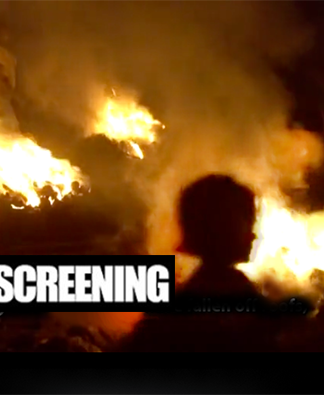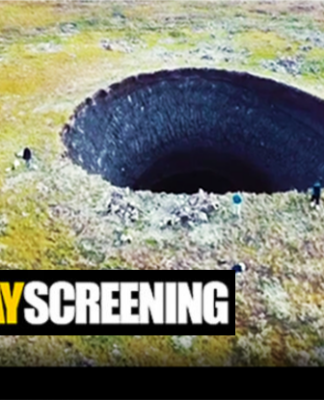Patrick Henningsen
21st Century Wire
On Friday, June 14th, the US extradition case for Julian Assange officially opened at Westminster Magistrates’ Court in London. A rough schedule was laid out for formal proceedings which are expected to extend into late February and early March of 2020.
This came after yesterday’s news that British Home Secretary Sanjid Javid signed the US extradition request, effectively certifying it for consideration of the courts, thus to stake the Tory government position on the matter.
The hearing was held in Court Room No. 3, an extremely small room with gallery seating on same level as the court with enough room for only about ten friends and family, ten journalists, and ten members of the public. The defendant was not physically present, and appeared via video link from Belmarsh prison.
A number of issues are set to arise in the next few months, not the least of which is what happens after Assange serves out his custodial sentence for ‘bail-skipping’ imposed by the British government. I posted some of those key points on this Twitter thread:
I was in Court Room No.3 for #JulianAssange US extradition hearing at Westminster Magistrates Court in London. The following are some of my observations from today's proceedings…#WiliLeaks #AssangeHearing pic.twitter.com/CwY4fkHveg
— Patrick Henningsen (@21WIRE) June 14, 2019
Inside the court room, Assange’s defense was led by Mark Summers QC, who implored the court to grant his team sufficient time to prepare for what was going to be a “complex case” touching a number of issues with “profound implications,” including the “outrageous and full frontal assault on journalists’ rights.”
After the hearing, I spoke to reporter Shadia Edwards-Dashti from RT International News, and explained the advantages and disadvantages for both the prosecution and the defense in this historic case.
WATCH MORE JULIAN ASSANGE NEWS HERE















